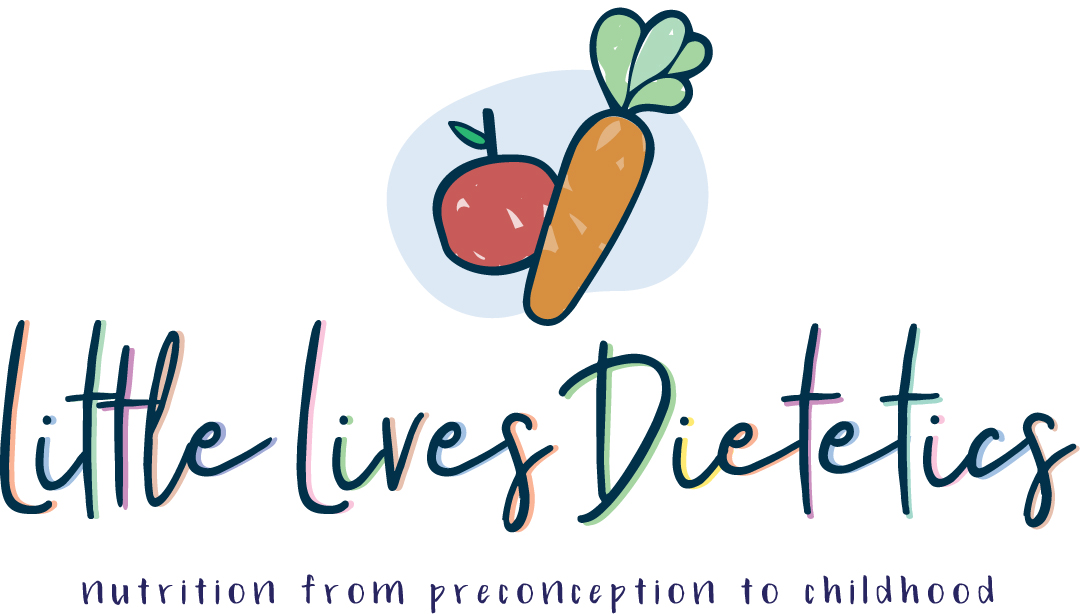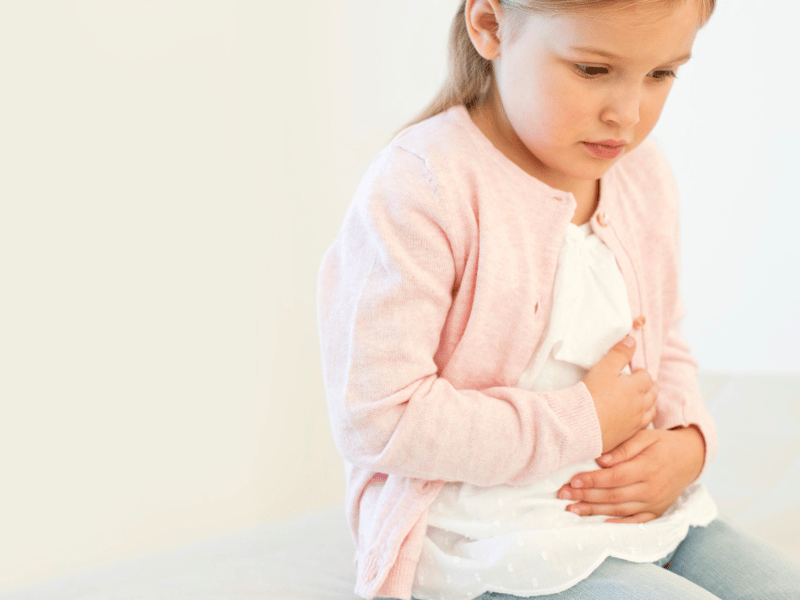
The Basics of IBS in Children
If your child has been struggling with gut symptoms you most likely have heard of IBS, otherwise known as Irritable Bowel Syndrome. IBS is a functional bowel disorder, which means that whilst the bowel structurally looks normal it does not function how it should. Unfortunately it is extremely common affecting up to 1 in 7 children.
What causes IBS?
Whilst the cause of IBS is not known it is thought that several factors play a role in its development. These include altered gut motility, gut hypersensitivity, alterations in gut microbiome, low grade inflammation in the gut with potential intestinal permeability (commonly known as leaky gut) and infections such as gastroenteritis.
What are the symptoms of IBS?
Children with IBS most commonly present with the following symptoms:
- Abdominal pain, which is typically relieved with emptying of bowels
- Bloating (the sensation of an inflated balloon in the abdomen)
- Abdominal distension (a visible increase in abdominal girth)
- Excessive wind
- Diarrhoea with potential urgency (for younger children also nappy rash)
- Constipation with potential soiling and feeling of incomplete emptying of bowels
It is also important to watch out for red flags such as symptoms at night which cause waking, rectal bleeding, anaemia, recurrent vomiting, fever, poor growth or unexplained weight loss, delayed puberty, pain in an unusual place (e.g. joint pain, difficulty swallowing, chest pain etc.). These symptoms require further investigation as they could be linked with another underlying condition. It is also important that further testing is also undertaken if there is a family history of inflammatory bowel disease or coeliac disease or if coeliac disease is yet to be excluded.
How is IBS diagnosed?
As IBS is a functional condition there is no medical test which can diagnose the condition, instead diagnosis is based on symptoms and exclusion of other medical conditions. The criteria used to diagnose IBS is based on the Rome IV criteria. Based on this criteria all of the following must be fulfilled for at least 2 months before a diagnosis of IBS can be made:
- Abdominal pain at least 4 days per month associated with one or more of the following:
- Related to defecation
- A change in frequency of stool
- A change in form (appearance) of stool
- In children with constipation, the pain does not resolve with resolution of the constipation
- After appropriate evaluation, the symptoms cannot be fully explained by another medical condition
How is IBS treated?
There are a range of treatment approaches which can be used to help manage IBS including medications (e.g. anti-diarrhoeal agents, antispasmodics, laxatives, anti-depressants for pain), dietary changes (e.g. modifying meal size and eating pattern, fibre modification, increasing fluid intake, limiting high fat or spicy foods, limiting caffeine containing drinks and potential food exclusion diets such as FODMAPs), exercise, probiotic supplementation, stress management and psychological therapies (e.g. counselling, cognitive behavioural therapy and gut directed hypnotherapy).
The best treatment options for your child will be dependent on their symptoms and triggers. To help work out the best approach for your child I would recommend speaking with your child’s medical team (GP, paediatrician or gastroenterologist) and ideally a trained paediatric dietitian specialised in IBS.
Want to feel more confident managing your child’s IBS so they can find relief from bloating, pain, sluggish or unpredictable bowels? Click HERE to book an appointment. We also have a special Kids IBS & Low FODMAP Facebook support group which you can join HERE.




